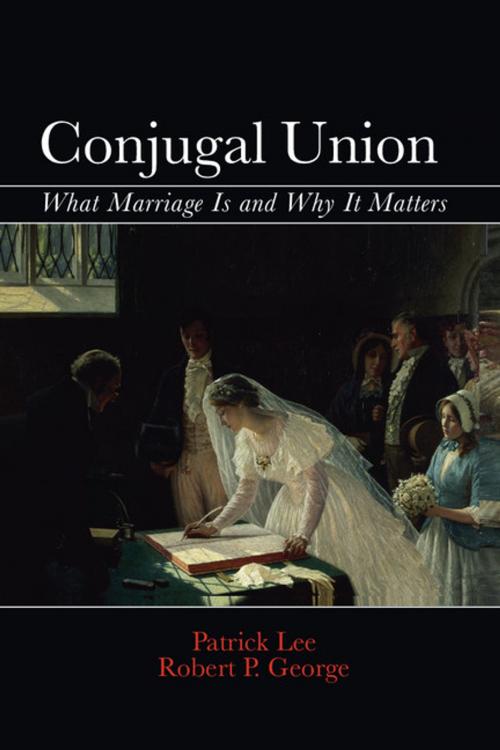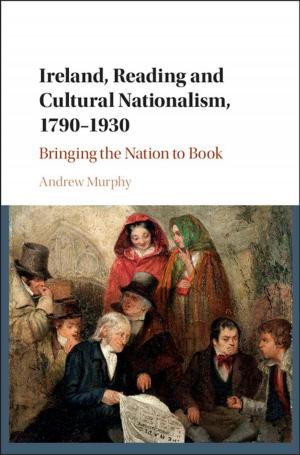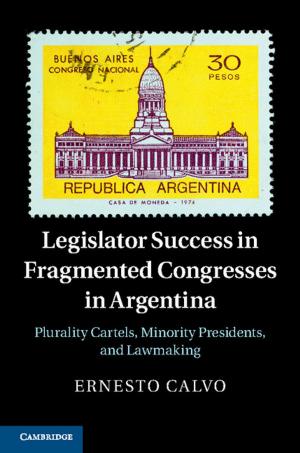Conjugal Union
What Marriage Is and Why It Matters
Nonfiction, Social & Cultural Studies, Political Science, Politics, History & Theory| Author: | Patrick Lee, Robert P. George | ISBN: | 9781316156865 |
| Publisher: | Cambridge University Press | Publication: | August 11, 2014 |
| Imprint: | Cambridge University Press | Language: | English |
| Author: | Patrick Lee, Robert P. George |
| ISBN: | 9781316156865 |
| Publisher: | Cambridge University Press |
| Publication: | August 11, 2014 |
| Imprint: | Cambridge University Press |
| Language: | English |
This book defends the conjugal view of marriage. Patrick Lee and Robert P. George argue that marriage is a distinctive type of community: the union of a man and a woman who have committed to sharing their lives on every level of their beings (bodily, emotionally, and spiritually) in the kind of union that would be fulfilled by conceiving and rearing children together. The comprehensive nature of this union, and its intrinsic orientation to procreation as its natural fulfillment, distinguishes marriage from other types of community and provides the basis for the norms of marital exclusivity and permanence. Lee and George detail how the basic moral norms regarding sexual acts follow from the ethical requirement to respect the good of marriage and explain how the law should treat marriage, given its conjugal nature, examining both the same-sex-marriage issue and civil divorce.
This book defends the conjugal view of marriage. Patrick Lee and Robert P. George argue that marriage is a distinctive type of community: the union of a man and a woman who have committed to sharing their lives on every level of their beings (bodily, emotionally, and spiritually) in the kind of union that would be fulfilled by conceiving and rearing children together. The comprehensive nature of this union, and its intrinsic orientation to procreation as its natural fulfillment, distinguishes marriage from other types of community and provides the basis for the norms of marital exclusivity and permanence. Lee and George detail how the basic moral norms regarding sexual acts follow from the ethical requirement to respect the good of marriage and explain how the law should treat marriage, given its conjugal nature, examining both the same-sex-marriage issue and civil divorce.















